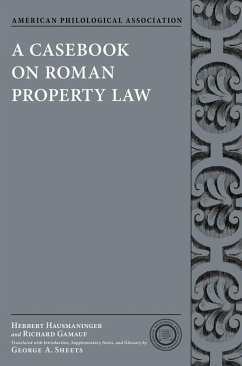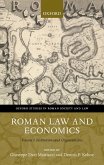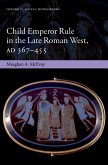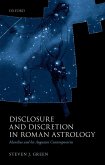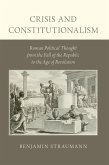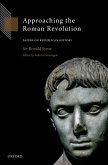This book provides a thorough introduction to Roman property law by means of "cases," consisting of brief excerpts from Roman juristic sources in the original Latin with accompanying English translations. The cases are selected and grouped so as to provide an overview of each topic and an orderly exposition of its parts. To each case is attached a set of questions that invite the reader to, e.g., clarify ambiguities in the jurist's argument, reconcile one holding with another, supply missing but necessary facts to account for the holding, and/or engage in other analytical activities. The casebook also illustrates the survival and adaptation of elements of Roman property law in the modern European civil codes, especially the three most influential of those codes: the General Civil Code of Austria (Allgemeines B?rgerliches Gesetzbuch), the German Civil Code (B?rgerliches Gesetzbuch), and the Civil Code of Switzerland (Zivilgesetzbuch). All code excerpts are accompanied by English translations. By comparing and contrasting how the codes have adopted, adapted, or rejected an underlying Roman rule or concept, it is possible for the reader to observe the dynamic character and continuing life of the Roman legal tradition. To facilitate comparison with corresponding rules and concepts in the English common law tradition, additional texts and questions prepared by the translator will be mounted on an accompanying website, www.oup.com/us/romanpropertylaw.
Dieser Download kann aus rechtlichen Gründen nur mit Rechnungsadresse in A, B, BG, CY, CZ, D, DK, EW, E, FIN, F, GR, HR, H, IRL, I, LT, L, LR, M, NL, PL, P, R, S, SLO, SK ausgeliefert werden.

